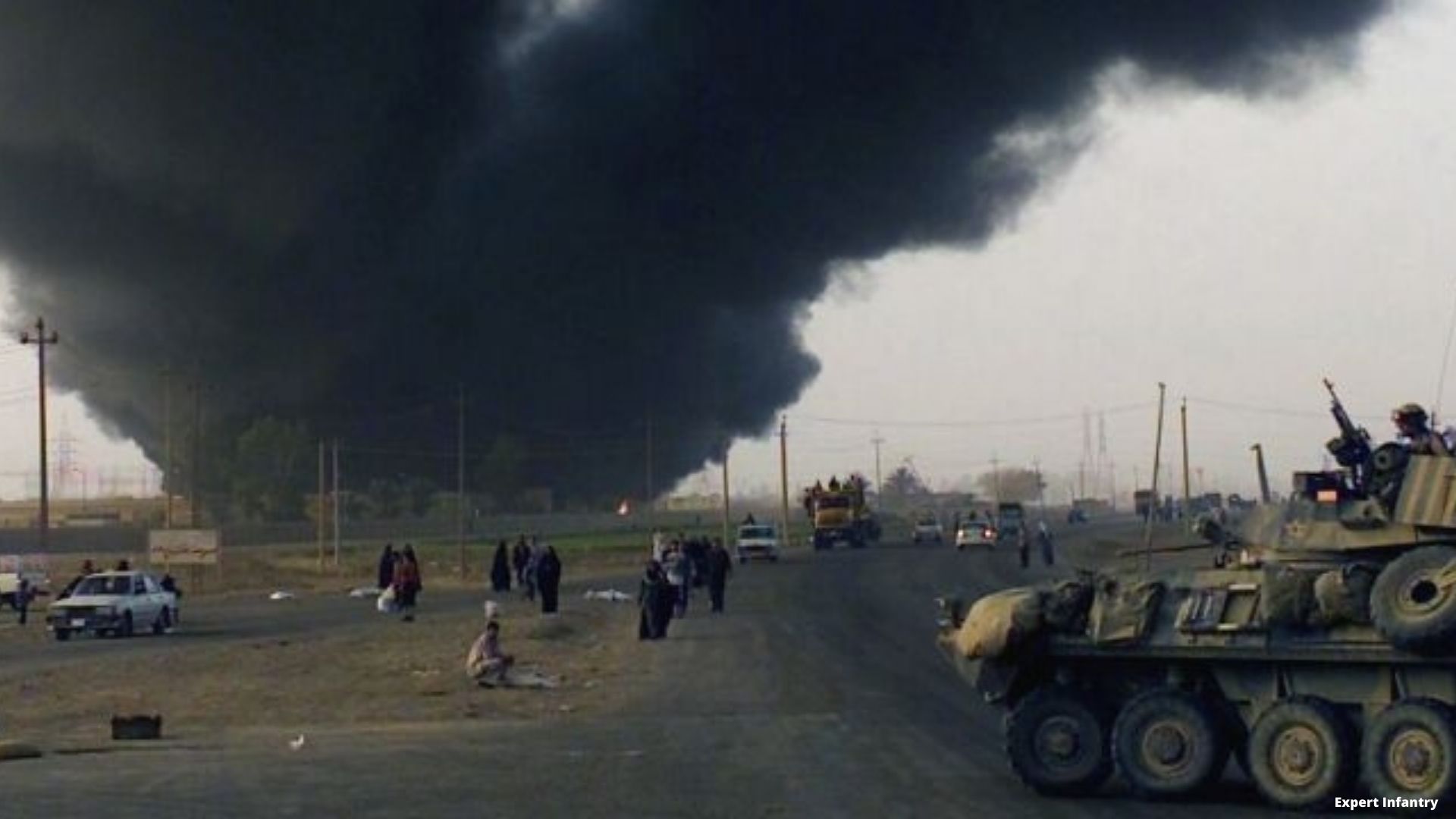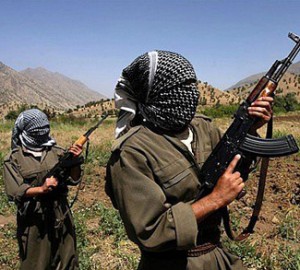
The main global legal instrument is the Universal Declaration of Human Rights adopted by the UN General Assembly in 1948. International human rights law is more complex and unlike IHL includes regional treaties. IHL is based on the Geneva and Hague Conventions, Additional Protocols and a series of treaties governing means and methods of waging war such as those banning blinding laser weapons, landmines and chemical and biological weapons, as well as customary law. Human rights law also contains provisions requiring a State to take legislative and other appropriate measures to implement its rules and punish violations.

Compliance with IHL requires a state to introduce national legislation to implement its obligations, to train its military and to bring to trial those in grave breach of such law. States have a legal duty to respect and implement both IHL and human rights law. These include the right to life, the prohibition of torture and inhuman punishment or treatment, the outlawing of slavery or servitude, the principle of legality and the non-retroactivity of the law and the right to freedom of thought, conscience and religion.

However, a State cannot suspend or waive certain fundamental rights that must be respected in all circumstances. IHL cannot be suspended (except as provided in Article 5 to the Fourth Geneva Convention). The main difference in their application is that international human rights law allows a State to suspend a number of human rights if it faces asituation of emergency. Both international humanitarian law and human rights law apply in armed conflicts.


 0 kommentar(er)
0 kommentar(er)
